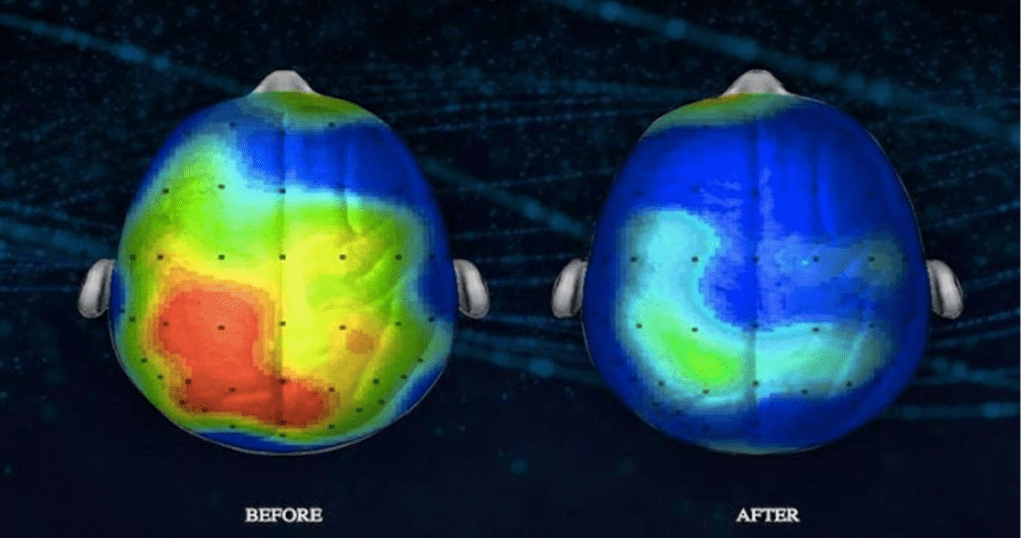Anxiety is everywhere and it affects everyone at one time or another. A 2013 survey found that 57 percent of American female college students had episodes of “overwhelming anxiety.” A study in the U.K. found a third of young women and 10 percent of young men suffered from panic attacks.

CEO of the charity organization Sane, Marjorie Wallace, says that generation Y (people born in the 1980s and 1990s) is the age of desperation. “Growing up has always been difficult, but this sense of desperation? That’s new.”
Author of “Anxiety: The Epidemic Sweeping Through Generation Y”, Rachael Dove, says:
“So, what’s going on? The rise of technology, overly-protective parenting and “exam-factory” schooling are among the reasons psychologists suggest for our generational angst. Another, brought up on multiple occasions by my peers and by psychologists I spoke to, is the luxury (as ungrateful as it sounds) of too much choice.”
London-based psychologist Pieter Kruger, said that research indicates people who don’t have as many choices are more resilient, because they blame other circumstances, while others with a wide range of choices can’t blame anyone but themselves. “We become much more obsessive because we want to make the right decision every time,” he says.
Blogger Claire Eastham from We Are All Mad Here writes:
“I spend a lot of time worrying about what I am going to do with my life. Previous generations had choice taken out of their hands. If you are told what to do it takes the pressure away.”
Making a decision today can be terribly overwhelming. We tend to research options obsessively, even for trivial items, like shoes. This leads to information overload, which is totally draining. Technology increases our anxiety because of our dependence on it. Millenials are never without their phones.
This can unfortunately lead to a condition called Fomo, or Fear of Missing Out. “Fomo is very real and can be a constant addiction that affects anxiety levels and a general sense of wellbeing,” says Kruger.
Social media is a huge part of our lives making us constantly comparing ourselves to other people. Depression can then develop when the comparisons are not in your favor. Social media usually shows the greatest moments of people’s lives, so it’s not really an accurate depiction of their daily life.
Neuroscientists have now found a specially designed song that may help dramatically reduce our levels of anxiety.
Researchers in the U.K. at Mindlab International, studied what kind of music relaxes people the most while they try to solve a puzzle, a stress-inducing task. They connected various monitors to participants to measure their physiological responses.
The song they used: “Weightless” resulted in a 65 percent reduction in participants’ anxiety levels, and a 35 percent reduction in their normal physiological resting rates. The song was specifically crafted by Marconi Union to induce a highly relaxed state.
It was so effective, that many participants started to feel drowsy. Lead researcher Dr. David Lewis-Hodgson advises not listening to this while driving.
If you know someone who might like this, please click “Share!”
